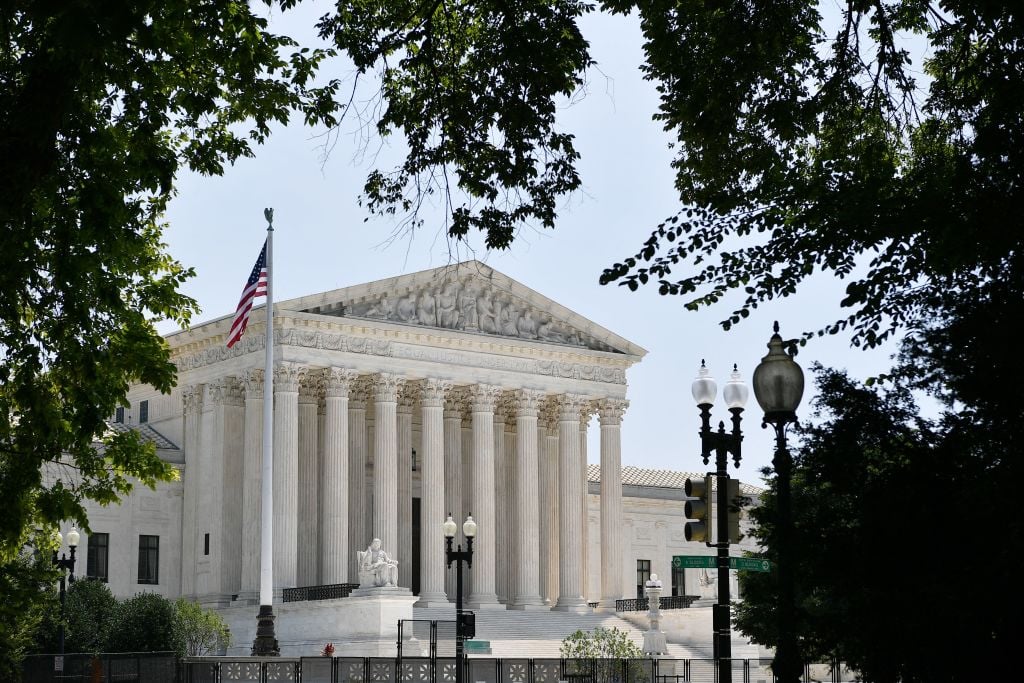Billionaire Sackler family can't get legal immunity as part of Purdue bankruptcy deal, Supreme Court rules
27 Jun 2024
Patent Infringement

Preview
Source: FiercePharma
Lawyers for Purdue and plaintiffs had spent years working toward a potential settlement. Now, the issue heads back to the bankruptcy court.
Years of negotiations and legal proceedings surrounding a high-dollar opioid settlement for Purdue Pharma have reached a dead end at the U.S. Supreme Court.
Thursday, the high court blocked a multi-billion-dollar bankruptcy agreement for Purdue Pharma and its founding family, the Sacklers.
Under the proposed deal, which was worth up to $10 billion, Purdue Pharma's founding family was set to return up to $6 billion to the company's bankruptcy estate in exchange for immunity from civil lawsuits related to the nationwide opioid crisis.
As shown in the new Supreme Court opinion (PDF), various courts have issued contrasting outlooks on the immunity arrangement.
A bankruptcy court originally approved the Purdue plan, but a District Court in late 2021 vacated the decision. In making that ruling, the U.S. District Court for the Southern District of New York held "that nothing in the law authorizes bankruptcy courts to extinguish claims against third parties like the Sacklers, without the claimants’ consent," according to the new SCOTUS document.
Then, an appeals court reversed the District Court's ruling and revived the bankruptcy court's order for a modified reorganization plan.
With those back-and-forth decisions, the Supreme Court was eventually left to decide on the closely watched case. Last summer, the Supreme Court put the deal on hold while it reviewed the case, as well as fresh arguments from the Biden administration.
“In a 5-4 ideologically scrambled opinion, the court ruled that a bankruptcy settlement that proposed a release of all claims and future litigation against the owners of Purdue Pharma, who had not filed for bankruptcy themselves, was a bridge too far under the bankruptcy code,” John Richer from law firm Hall Estil said in written commentary on Thursday.
The Supreme Court decision sends the case back to bankruptcy court for future deliberations, according to a statement from Connecticut Attorney General William Tong.
The Sackler family secured more than $10 billion from Purdue Pharma, according to reports, even as the company's powerful painkiller OxyContin served as a driving force of the nationwide opioid epidemic. In the 20 years leading to 2019, nearly a quarter of a million people in the U.S. died from prescription opioid overdoses, according to the Supreme Court opinion.
The Sacklers have all by now left Purdue's board and have not collected money from the company in several years.
For more details,please visit the original website
The content of the article does not represent any opinions of Synapse and its affiliated companies. If there is any copyright infringement or error, please contact us, and we will deal with it within 24 hours.
Indications
-Targets
-Hot reports
Get started for free today!
Accelerate Strategic R&D decision making with Synapse, PatSnap’s AI-powered Connected Innovation Intelligence Platform Built for Life Sciences Professionals.
Start your data trial now!
Synapse data is also accessible to external entities via APIs or data packages. Leverages most recent intelligence information, enabling fullest potential.



